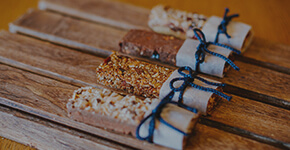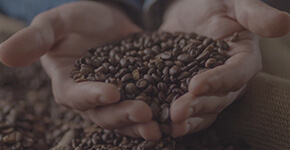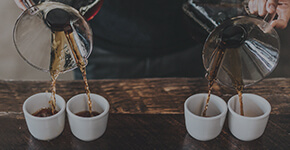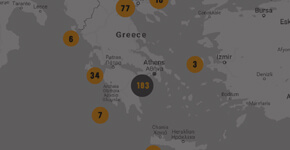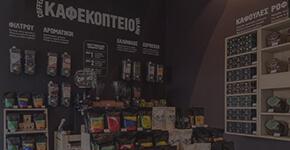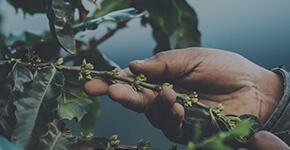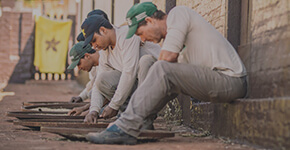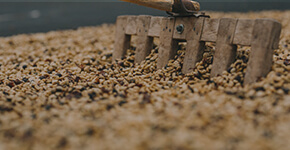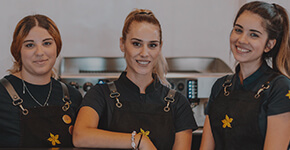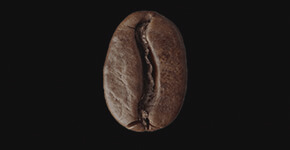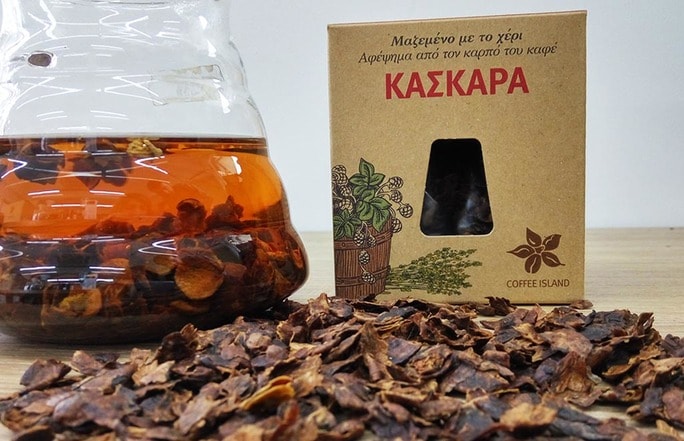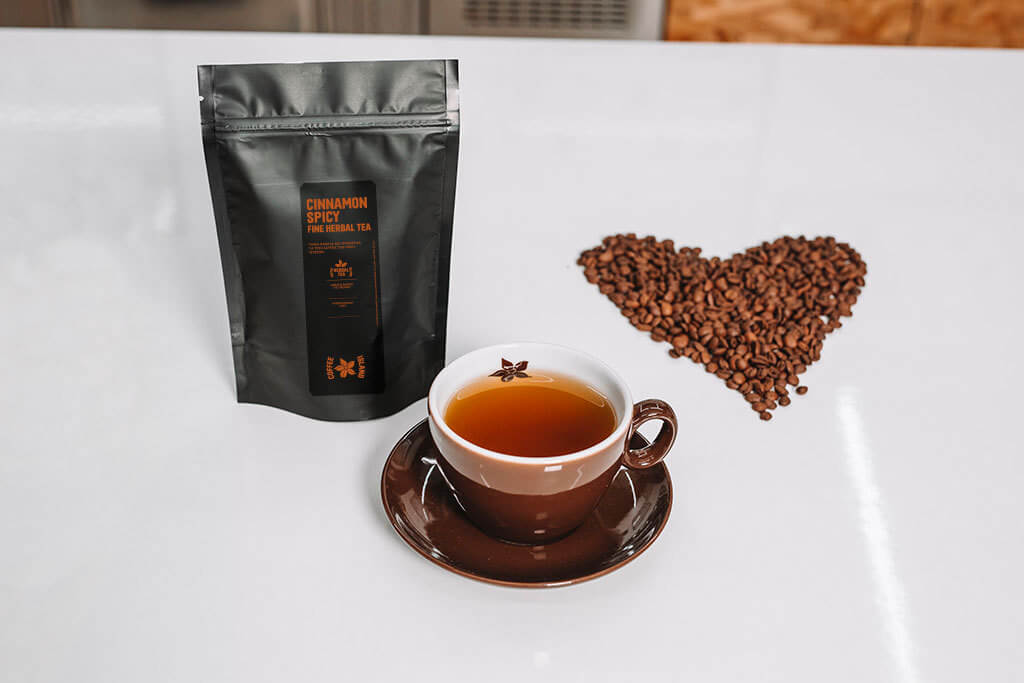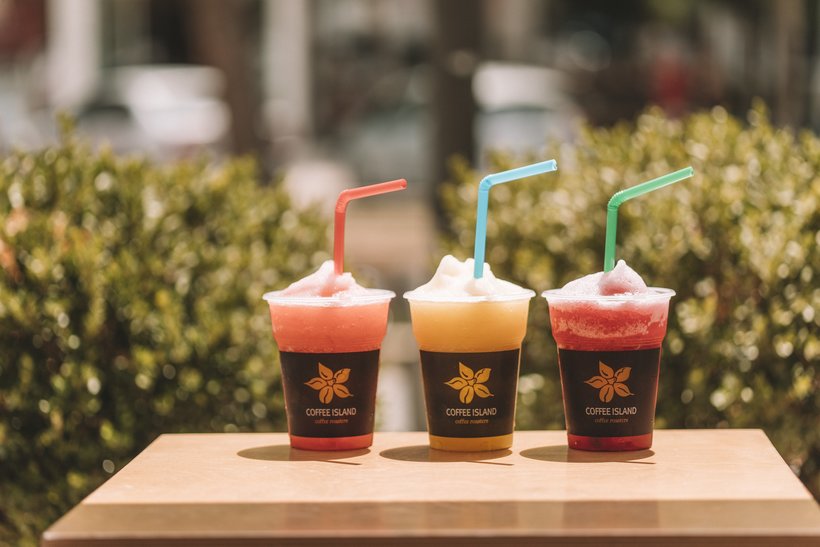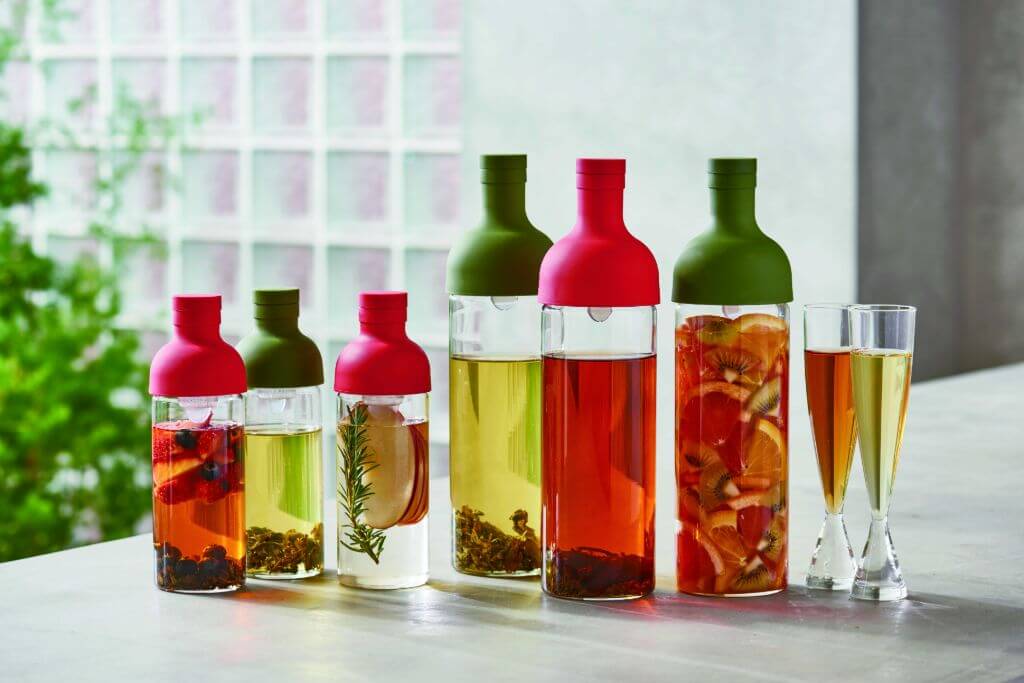Can you make tea out of coffee? Of course you can! Coffee Island, in cooperation with the known Peralta family presents Cascara!
Cascara means cover in Spanish. It refers to coffee cherry peel that retains pieces of flesh from the fruit. When the coffee cherry goes through the peeling machine, where the skin is separated from the bean and is left to dry, we are left with what we call Cascara! From the dried pulp we get from the cherry, we obtain a particularly aromatic drink that is both sweet and fruity and that is neither a coffee nor a tea. This is Cascara.
Although cascara is made from the coffee cherry, it does not share the same taste traits as coffee, as it contains less caffeine. However, it is not strictly speaking a tea. It belongs to the coffea genus and not Camelia Sinesis from where ta normally comes from. Because Cascara is made from the cherry and not herbs we can easily place it in the category of refreshment that come from fruit.
A few words on Coffee Island’ s Cascara
Cascara is obtained from the Arabica varieties: Caturra and Catuai and is hand gathered by local producers.
Caturra is well known in Brazil and it comes from the common Bourbon variety and is recognized for its acidity and medium body. Catuai is a natural mutation of the Mundo Novo and Caturra varieties, it originates from Brazil but its cultivation is widely popular in Central America. It is known for its high acidity. All these elements, are harmoniously combined so an excellent mixture that combines all these properties can be acquired!
Where does Coffee Island Cascara come from?
Cascara is made at an altitude of 1350m. It originates in Nicaragua and more specifically in Nueva Segovia, one of the most important areas for coffee farming in the country! Nicaragua is known for its lakes as is evident from its name which means” close to water”, its volcanic soil and the populations ties with coffee farming. 50.000 families work in this sector and produce coffee with special methods that protect the forests and biodiversity of the area! The years 1970 to 1990 that the Sandinista dictatorship held power led many producers to flee the country, but many of them returned during the 90’s.
Peralta family
One of these producers is our friend Octavio Peralta with which we have collaborated to bring you Cascara, from the area of Nueva Segovia. The Peralta family, during the 70’s had in its possession 50 hectares of land that they could not farm until the end of the 80’s, because of the state of the country was in. In 1994, after cleaning the land of mines, the production of high quality coffee began. We are proud and happy to be working with them, since through our first initial partnership our first Microfarm Project, Santa Maria De Lourdes, was born.
Direct trade
Today, the family own 1000 acres, of which only half of are farmed at any one time to protect the soils quality. This is why the farm is part of the Rainforest alliance. This means that the practices used for farming are chosen based on predetermined criteria that are related to saving the environment and regulating health and safety for workers while taking part in social responsibility activities.
Octavio believes that the future of cultivating coffee in Nicaragua lays in the export of high quality coffee in small batches. Therefore, he is interested in finding new farming methods, by combining the complexity of the natural environment and robust technological facilities.
The Peralta family and us have made a long-term agreement in the context of direct trade, by utilizing their farm and promoting ecological methods of utilizing their land. We employ specially selected farms from all over the world and build healthy relationships with their owners, exchanging ideas and knowledge on the process of coffee farming. All our Direct trade varieties have been cultivated by respecting the environment and microclimate. Our actions target the creation of better variety and protecting the soil. We give our producers the possibility of creating sustainable partnerships that can be sustained for years.
Love for coffee and the people associated with it are values that express us!
Now you know the story of Cascara, you can learn how to make it!
Proposed way of Preparation:
As is with most drinks Cascara is made by soaking the coffee “cherries” in warm water. 15 gr of Cascara (1tsp.) in 300ml of water just below boiling temperature (95°C) for 4 minutes is enough to make this delightful drink. Generally, Cascara is a drink that has just now started spreading in the markets and a large margin of experimentation exists. Cascara is characterized by the sweetness of its taste. Many suggest the extra addition of honey o sugar. Alternatively, adding ginger, cinnamon or nutmeg is also suggested! You decide which one you like better!




